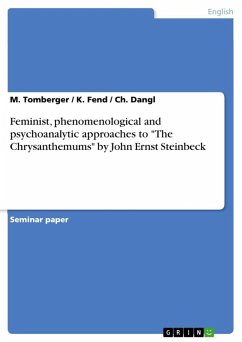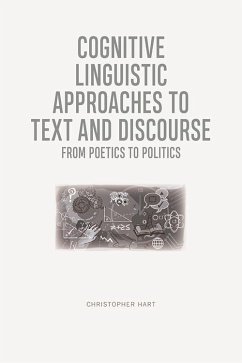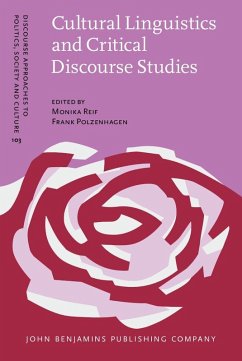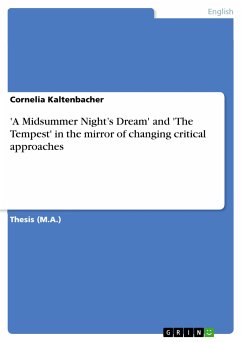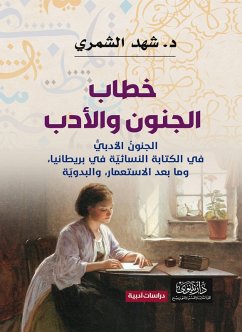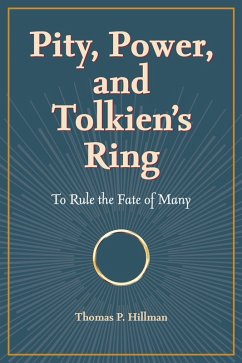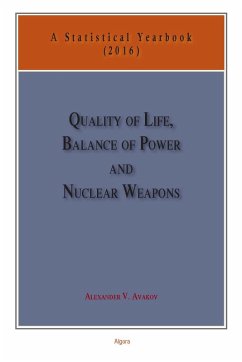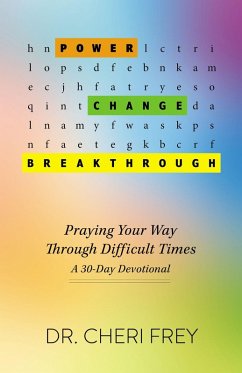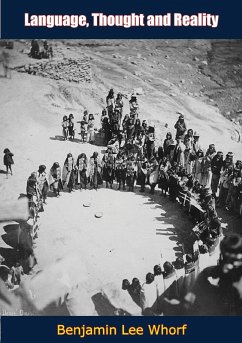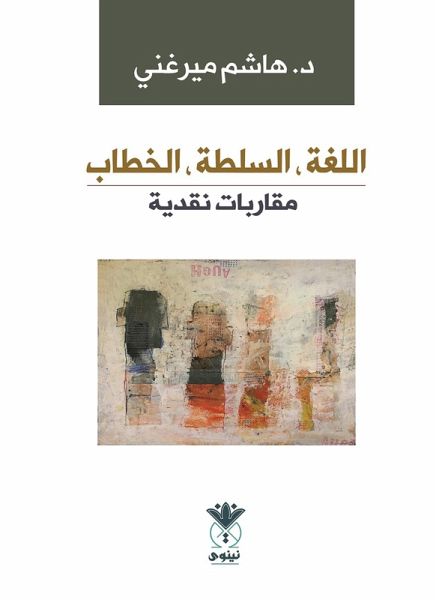
Language, Power, and Discourse - Critical Approaches (eBook, ePUB)

PAYBACK Punkte
0 °P sammeln!
This book This book organizes six critical approaches in which language-as embodied in discourse, power, ideology, the absence of the author, and intertextual relations-represents a fundamental pole of engagement, examination, and study. This is achieved through flexible and open interdisciplinary approaches that internalize the many problematic issues of method, particularly postmodernist trends in their radical reconsideration of methodological assumptions, the openness of literary theory to other fields of knowledge, its deconstruction of fixed cultural structures, and its unearthing of the...
This book This book organizes six critical approaches in which language-as embodied in discourse, power, ideology, the absence of the author, and intertextual relations-represents a fundamental pole of engagement, examination, and study. This is achieved through flexible and open interdisciplinary approaches that internalize the many problematic issues of method, particularly postmodernist trends in their radical reconsideration of methodological assumptions, the openness of literary theory to other fields of knowledge, its deconstruction of fixed cultural structures, and its unearthing of the roots of authoritarian oppression deeply embedded in the foundations of discourse. In the first approach, we attempted to reconsider Roland Barthes's popular critical concept of "the death of the author," which had almost become a ready-made monetary coin that was circulated without questioning the nature of the transformations that occur to the author's voice upon entering the field of writing practice, as a textual ego created from the womb of writing, radically different from its presence outside of it. In the second approach, we attempted to explore the dialectic of language and ideology as it appears in the discourse of the Russian thinker, critic, and literary scholar Mikhail Bakhtin in *The Word in the Novel*. This led us to the third approach, which attempts to approach the concept of power as a discourse, as revealed in the set of measures adopted by power as an integral part of its discourse strategies, as observed by Michel Foucault in *The Order of Discourse*. This opens the door for us to test the extent of its effectiveness after entering the narrative laboratory constructed by George Orwell in *1984*. In the same context of excavating the soil of authoritarian and ideological discourse, the fourth approach took the risk of revealing the textual strategies established by the poem of the poet Mahjoub Sharif in the collection *Naffaj*, to escape the authoritarian and ideological trap that besieges it and to build its poetic edifice. In the last two approaches, we attempted to examine the relationship between cinema and literature through the concept of textual interrelationship, which has not been tested to study the dialectic of the relationship between two different arts, such as the novel and the film, each of which belongs to a different creative field, represented by the novel "The Wedding of Zein" by Tayeb Salih, and the film "The Wedding of Zein" by director Khaled Al-Siddiq. We also attempted to study the discourse of introductions, represented by a traditional introduction, which is the introduction by Abu Hilal Al-Askari to his book "The Two Industries."
Dieser Download kann aus rechtlichen Gründen nur mit Rechnungsadresse in A, B, BG, CY, CZ, D, DK, EW, E, FIN, F, GR, H, IRL, I, LT, L, LR, M, NL, PL, P, R, S, SLO, SK ausgeliefert werden.




